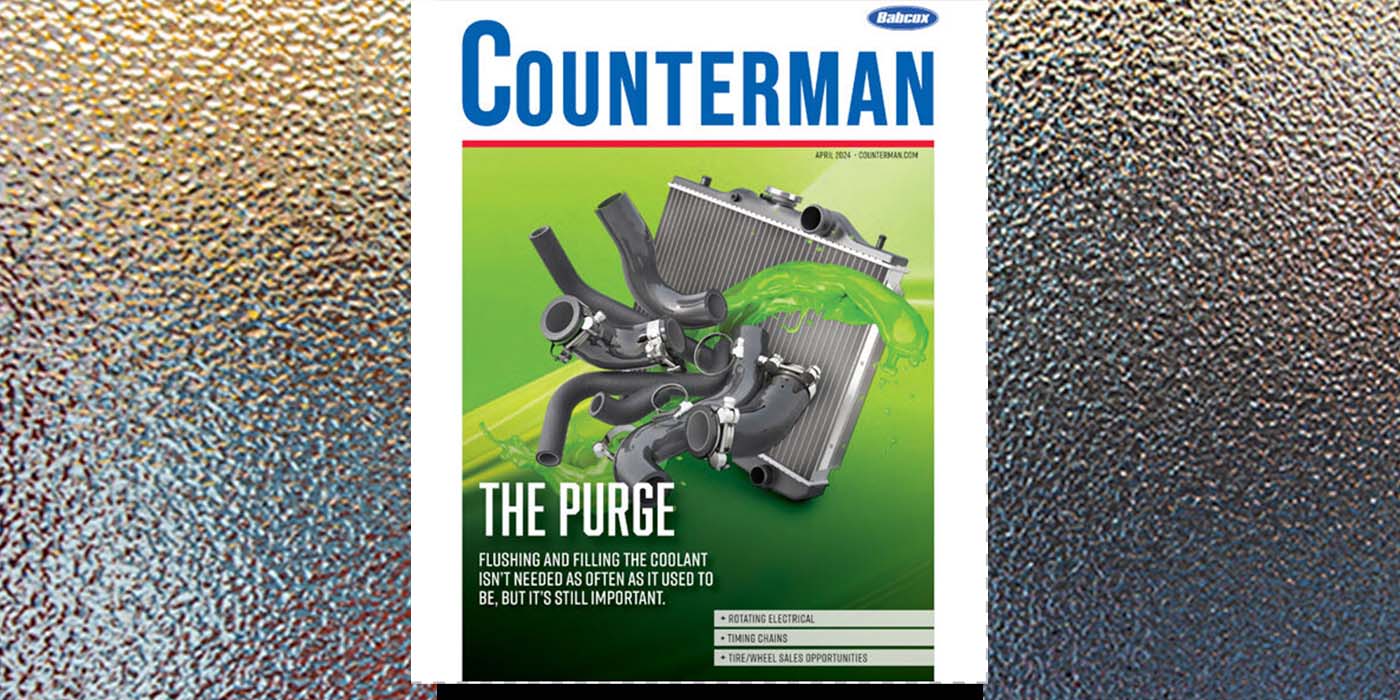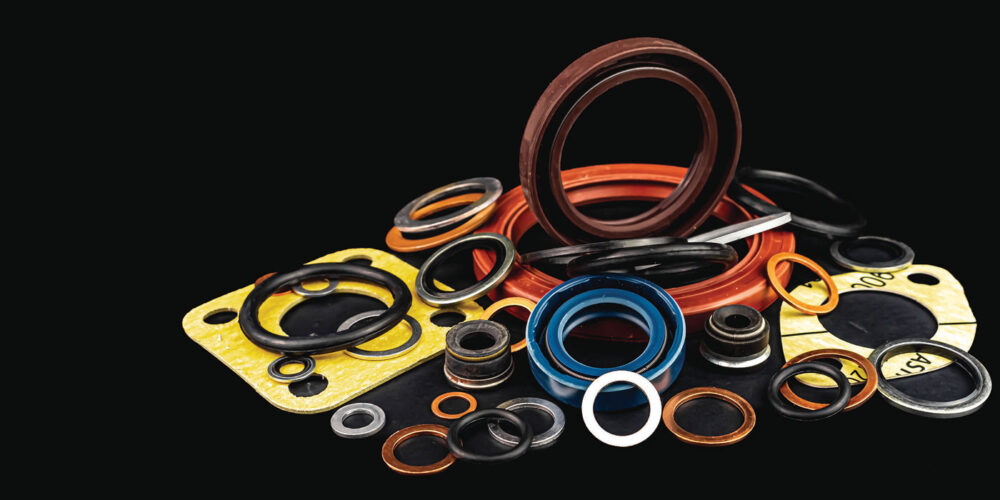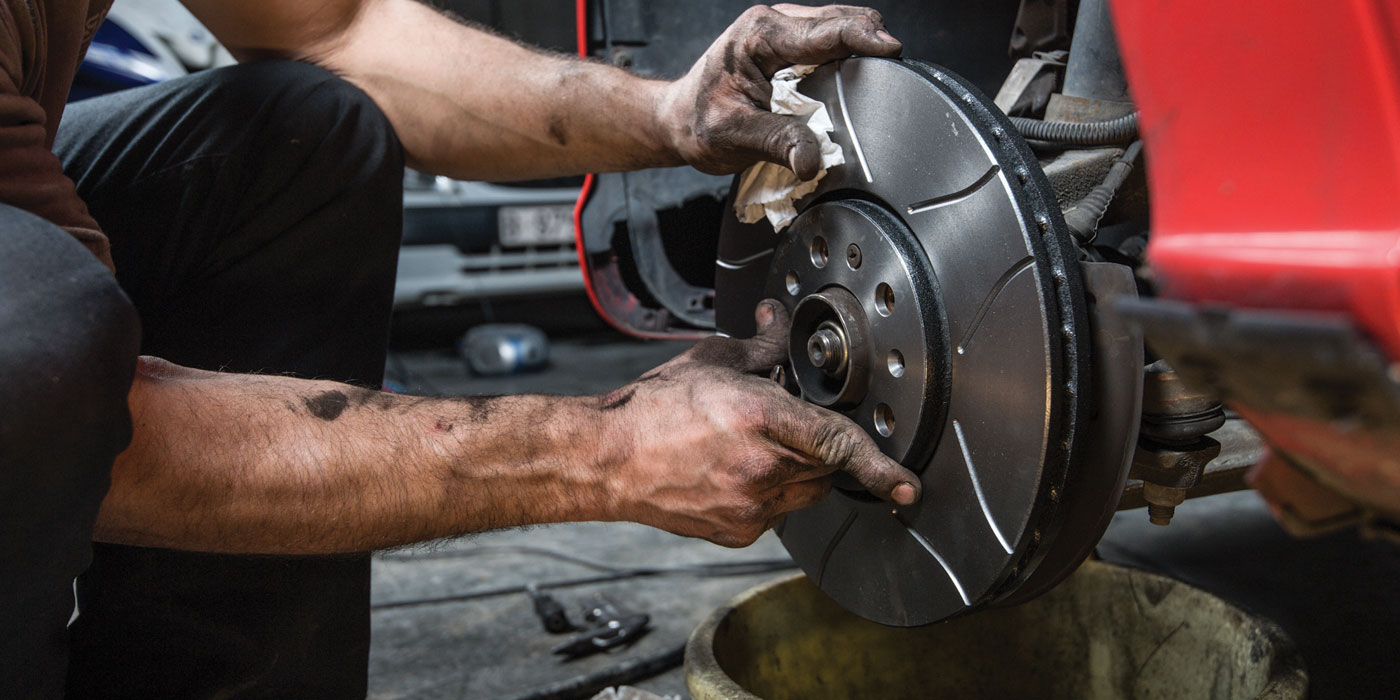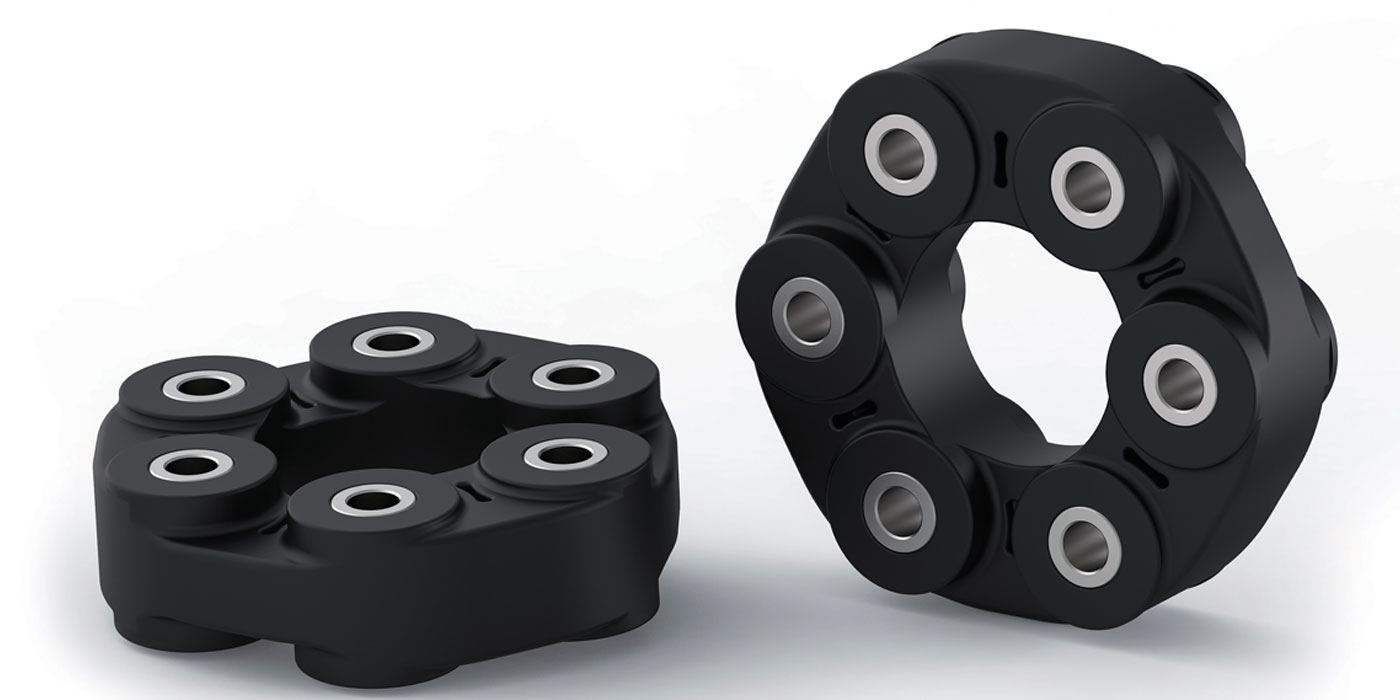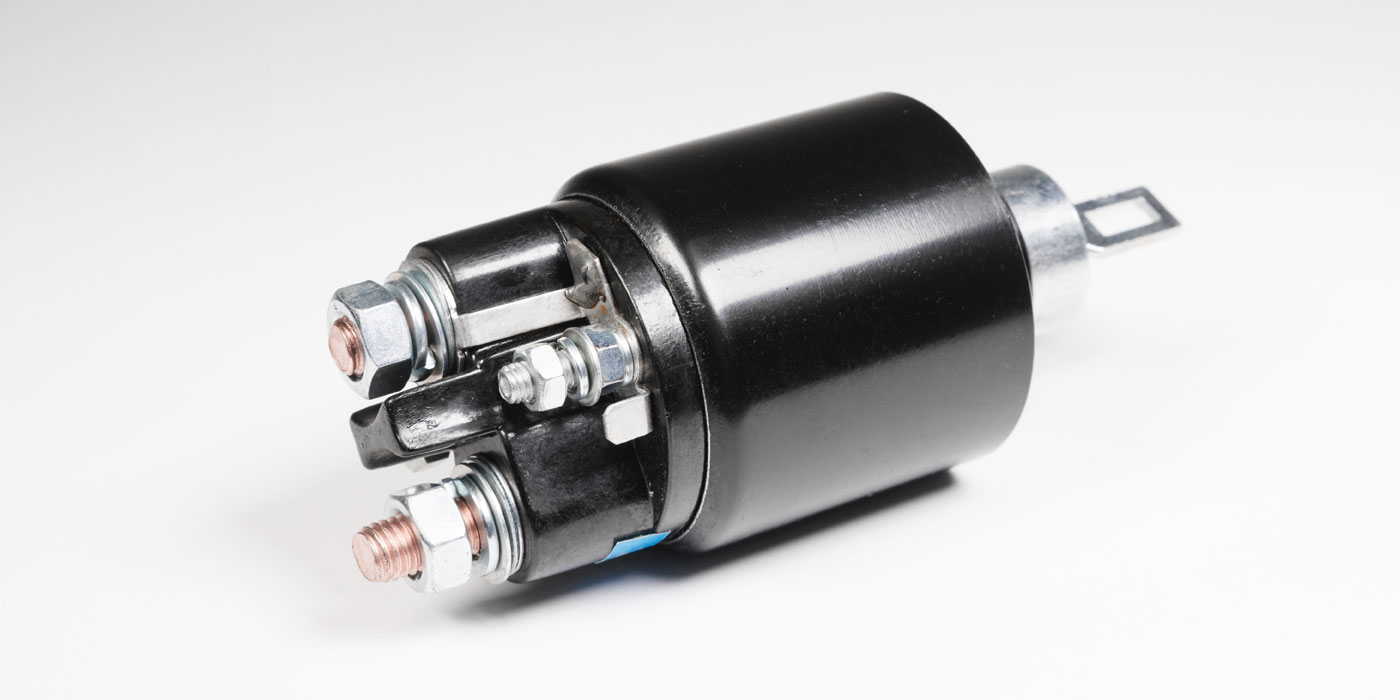As a repair shop owner, I just hate defective parts and the warranty claims that come with them. As a parts store employee, you probably hate them too. But, unlike many of my buddies, who are also shop owners, I decided long ago to find a better and different way to handle them. Please keep in mind, I write much of this with my tongue firmly planted in my cheek.
A new tech has arrived for his first day of work. Our staff has interviewed him or her and decided this person was the best among the group of applicants. Now this person gets to meet me and finalize our workplace agreement. We cover a lot of ground, but here is the conversation with respect to warranty labor.
Me: We have two warranty policies. The first one, Plan A, is where everyone gets paid for warranty work. Plan B says no one gets paid for warranty work. Which one would you like?
New Tech: I’ll take Plan A.
Later, somewhere in the next 30 days, another conversation is held. It starts off with a comeback for the new tech, and I walk out into the shop with my "special" clipboard. When all the other techs see me, they start laughing among themselves and get a little closer to the impending action that is at the work station of the new tech.
Me: So, Mr. New Tech, I’m sorry you had a problem with that oil pan seal, but you sure did the redo rather quickly.
New Tech: Yep, I’m sure sorry about that.
Me: Well, I have a new oil pan gasket at cost for $59. But before I can finish my paperwork I need to know how long it took you to redo your work.
New Tech: Well, it took me just shy of three hours.
Me: Okay, then $59, plus three hours of lost income, plus the GP on 48 percent of the parts…let’s see, that comes out to $178.50. Did you want me to make you a draw, or did you want to write me a check?
New Tech: What???
Me: Well you’re on Warranty Plan A, which says that everyone gets paid for warranty work. If my part fails, I pay you for your time, but it also means that when you make a mistake, I get paid for my lost revenue.
About this time the new tech’s mind is running about 500 mph and, if he were listening, he would hear the snickers from the other techs just behind the wall. The new tech’s mind is running wild, and he has no idea what to say. But, I remain quiet and just stare at him for as long as it takes for him to say what they all say sooner than later: Tell me about Warranty Plan B.
Warranty Plan B says no one gets paid for warranty work, not me, not the tech and no one charges the others for their mistakes. However, I have made an arrangement with my parts vendor in advance of a wreck that if the book time is more than four hours, he will give me an instant credit for the book time, or less (depending on actual time), of $25 per hour. I always pass this money on to the tech who had to redo a rack and pinion job because it leaked.
New Tech: I think I want to switch warranty plans.
Oh, I know what many of you are thinking, "Mark’s charging his techs for expenses associated with the cost of doing business." Well, you are right, but none of my 14 ASE Master techs choose to be on Plan A.
Yes, it is an expense I should bear, but from the beginning I tell all of my techs that we are in business together. They own 48 percent of all the labor (their percentage of the shop’s hourly rate, plus a 15-20 percent labor burden, equals 48 percent), and I own the other half. When it comes to labor, we are partners; they know that from day one.
How can anyone think it’s fair for a tech to mess up a job and simply walk away with no financial repercussions, yet the minute an alternator fails, within warranty time, they demand to get paid in full using the word "responsibility" as a reason?
Before the train wreck, talk to your professional customers and agree on a plan to handle warranty issues. Why would you want to wait until the tech is mad, your customer is mad, your butt has been chewed by all concerned, and then, in that mood, think it’s a good idea to negotiate a fair settlement?
I tell my staff, my techs and my parts manager that all of us eat all warranty claims less than four hours. At four hours and above, my best buddy – my parts vendor – will issue a credit for $25 per hour for actual time, not to exceed book time, to compensate the tech for time lost.
Now my buddy Tony, who owns a very well-run shop, gets paid for every single labor claim, and he gets his shop rate, so both he and his techs get compensated by his parts vendor when a part fails. I don’t know this for sure, but my bet is that he is paying for that somewhere in his parts purchases. I would rather know what appears in the "won/lost" column than just make a decision without having that info. Otherwise, I know my way allows me to buy parts darn cheap, I get preferred treatment and I get seasonal discounts because my history clearly shows my vendor that his warranty costs for my shop are well under $200 a year. I know and trust that when he can, he will compensate me for the lack of warranty claims.
In an effort to be as fair as we can to all concerned, I think it is in our best interest to nail down the procedure we intend to use when the wheels fall off the train, before we have to use it. If my plan doesn’t work for you, then make up one that does. Bottom line – is everyone accountable for the mistakes they make? You and your customers should be.


